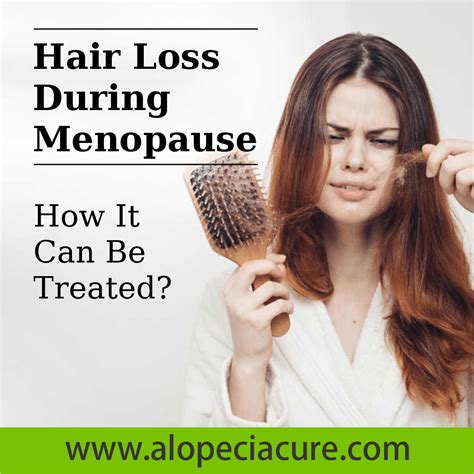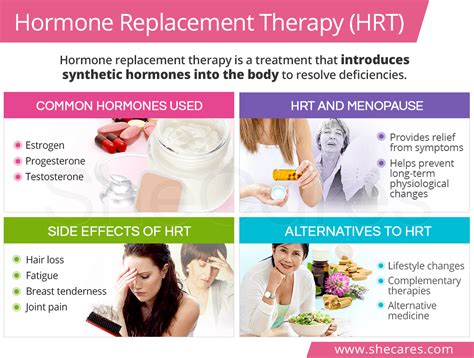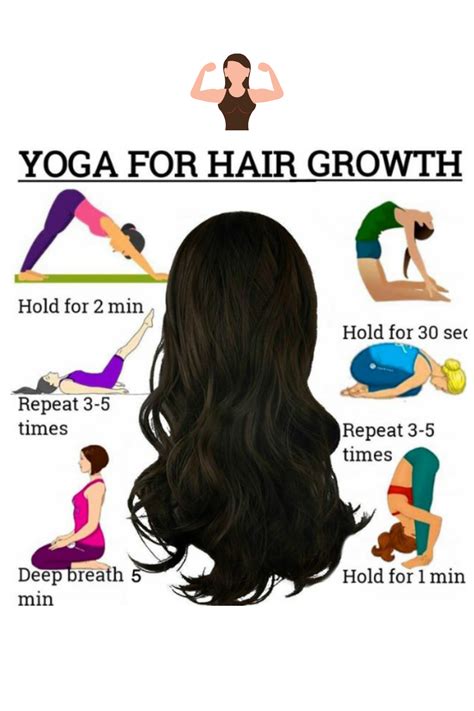Intro
Menopause is a natural biological process that occurs in women, typically between the ages of 45 and 55, marking the end of their reproductive period. During this phase, the body undergoes a series of hormonal changes that can lead to various physical symptoms, including hair loss. Thinning or falling hair can be distressing for many women, affecting their self-esteem and overall quality of life.
Hair loss during menopause is a common phenomenon, affecting approximately 40% of women during this stage. The primary cause of hair loss during menopause is the decline in estrogen levels. Estrogen plays a crucial role in promoting hair growth, and its decrease can lead to hair thinning and shedding. Other factors contributing to hair loss during menopause include stress, genetics, and certain medical conditions.

Causes of Hair Loss During Menopause
Understanding the causes of hair loss during menopause is essential to developing effective treatment strategies. Some of the primary causes of hair loss during this phase include:
Hormonal Imbalance
The decline in estrogen levels during menopause is the primary cause of hair loss. Estrogen promotes hair growth by prolonging the anagen phase, the active growth phase of hair growth. With the decrease in estrogen, the anagen phase shortens, leading to thinner and shorter hair.
Stress
Stress is a common trigger for hair loss, particularly during menopause. Stress can cause the body to release more cortisol, a hormone that contributes to hair loss. Stress can also lead to other health issues, such as anxiety and depression, which can further exacerbate hair loss.
Genetics
Genetics play a significant role in hair loss during menopause. Women with a family history of hair loss are more likely to experience it during menopause.
Medical Conditions
Certain medical conditions, such as thyroid disorders, autoimmune diseases, and skin conditions, can contribute to hair loss during menopause.
Treatment Options for Menopause-Related Hair Loss
Fortunately, there are various treatment options available to address hair loss during menopause. These include:
Hormone Replacement Therapy (HRT)
HRT is a common treatment for menopause-related hair loss. It involves replacing estrogen and progesterone hormones to alleviate symptoms, including hair loss. However, HRT may not be suitable for all women, particularly those with a history of breast cancer or blood clots.

Minoxidil
Minoxidil is a topical medication applied directly to the scalp to stimulate hair growth. It is available over-the-counter and has been shown to be effective in promoting hair growth and reducing hair loss.
Low-Level Laser Therapy (LLLT)
LLLT is a non-invasive treatment that uses low-level laser or light-emitting diodes to stimulate hair growth. It is thought to increase blood flow to the scalp, promoting hair growth.
Dietary Changes
A balanced diet rich in essential nutrients, particularly those promoting hair growth, can help alleviate hair loss during menopause. Foods rich in omega-3 fatty acids, zinc, and biotin are particularly beneficial.
Reduce Stress
Stress management techniques, such as meditation, yoga, and deep breathing exercises, can help reduce stress and promote hair growth.
Lifestyle Changes to Promote Hair Growth
In addition to medical treatments, lifestyle changes can also promote hair growth and reduce hair loss during menopause. These include:
Regular Exercise
Regular exercise can help reduce stress and promote hair growth. Aerobic exercises, such as walking, cycling, and swimming, are particularly beneficial.

Get Enough Sleep
Adequate sleep is essential for hair growth. Aim for 7-8 hours of sleep per night to help promote hair growth.
Reduce Heat Styling
Excessive heat styling can damage hair and lead to hair loss. Reduce heat styling and use gentle hair care products to promote hair growth.
Conclusion
Hair loss during menopause can be distressing, but there are various treatment options available to address it. Understanding the causes of hair loss and making lifestyle changes can also promote hair growth and reduce hair loss. If you are experiencing hair loss during menopause, consult with your healthcare provider to develop a personalized treatment plan.
What are the common causes of hair loss during menopause?
+The common causes of hair loss during menopause include hormonal imbalance, stress, genetics, and certain medical conditions.
What are the treatment options for menopause-related hair loss?
+The treatment options for menopause-related hair loss include hormone replacement therapy, minoxidil, low-level laser therapy, and dietary changes.
Can lifestyle changes promote hair growth during menopause?
+Yes, lifestyle changes such as regular exercise, getting enough sleep, and reducing heat styling can promote hair growth during menopause.
